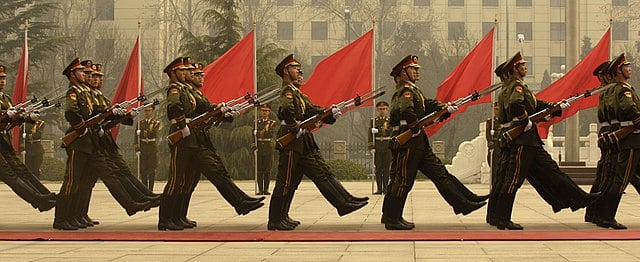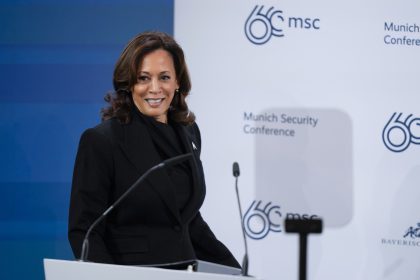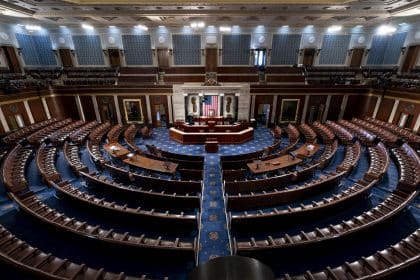Defense Analysts Warn Senate of China’s Multi-Pronged Threat

WASHINGTON — Defense analysts warned the Senate Tuesday that although China is mostly a trading partner now, its threat to U.S. national security should not be overlooked.
They described an expansionist, long-term strategy intended to displace the United States as a world leader in multiple areas of influence.
In addition, as its military and economic influence grows, China’s disputed claim to sovereignty over Taiwan could erupt into war, the analysts said.
“Intended or not, such a conflict would be disastrous to both sides,” said Sen. Jack Reed, D-R.I., chairman of the Senate Armed Services Committee.
The committee is trying to determine budget proposals for U.S. national defense, which would include a response to challenges from China.
The defense analysts put much of the blame on Xi Jinping, the Chinese president who set out a national security policy in 2014 that seeks to help China dominate any military, economic or political adversaries. It would make China the world’s preeminent military power no later than 2049.
“It’s clear that they’ve identified us as their core adversary,” said Matt Pottinger, a former deputy national security advisor.
China’s immense foreign trade with the United States and other countries increasingly is becoming a tool for exerting its political influence, Pottinger said. China and the United States exchange more than $650 billion a year in trade.
Unless the United States realizes how political and economic influence translate to a military threat, the threat will continue to grow, he and other analysts said.
“We need to accept more risk,” Pottinger said.
The risk should include building a bigger U.S. Navy, which now lags behind China by 60 warships. It also should include becoming more economically independent, particularly in making the semiconductors that are crucial to industry and defense, Pottinger said.
He called the need for a more self-reliant U.S. economy “decoupling” from China.
“Decoupling is more than called for,” Pottinger said.
Bonnie Glaser, director of the Asia Program at the German Marshall Fund of the United States, a public policy foundation, said one of the most dangerous policies for the United States would be letting down its guard in defending Taiwan.
“Taiwan remains the most dangerous flashpoint between the United States and China,” she told the Senate committee.
She also said the United States has an advantage because of its network of allies, which is different from China’s attitude of standing alone in international politics.
“I think that perhaps the biggest vulnerability China has is that it doesn’t really have allies,” Glaser said. “Countries around them just don’t want to be China’s best friend.”
In a recent act of provocation, China sent military jets into Taiwan’s air defense zone 75 days between Jan. 1 and April 16.
The flights followed a statement from U.S. Secretary of State Antony Blinken that warned “it would be a serious mistake for anyone to try to change that status quo [on Taiwan] by force.”
The incursions stopped after U.S. and Japanese leaders called for peace in the Taiwan Strait during an April 16 summit.
Sen. James Inhofe, R-Okla., said at the hearing Tuesday, “We know that China is a full spectrum threat.”
He suggested a strategy that includes “making hard choices” rather than seeking appeasement.
“We got a budget that cuts defense when we need real growth,” Inhofe said.






















